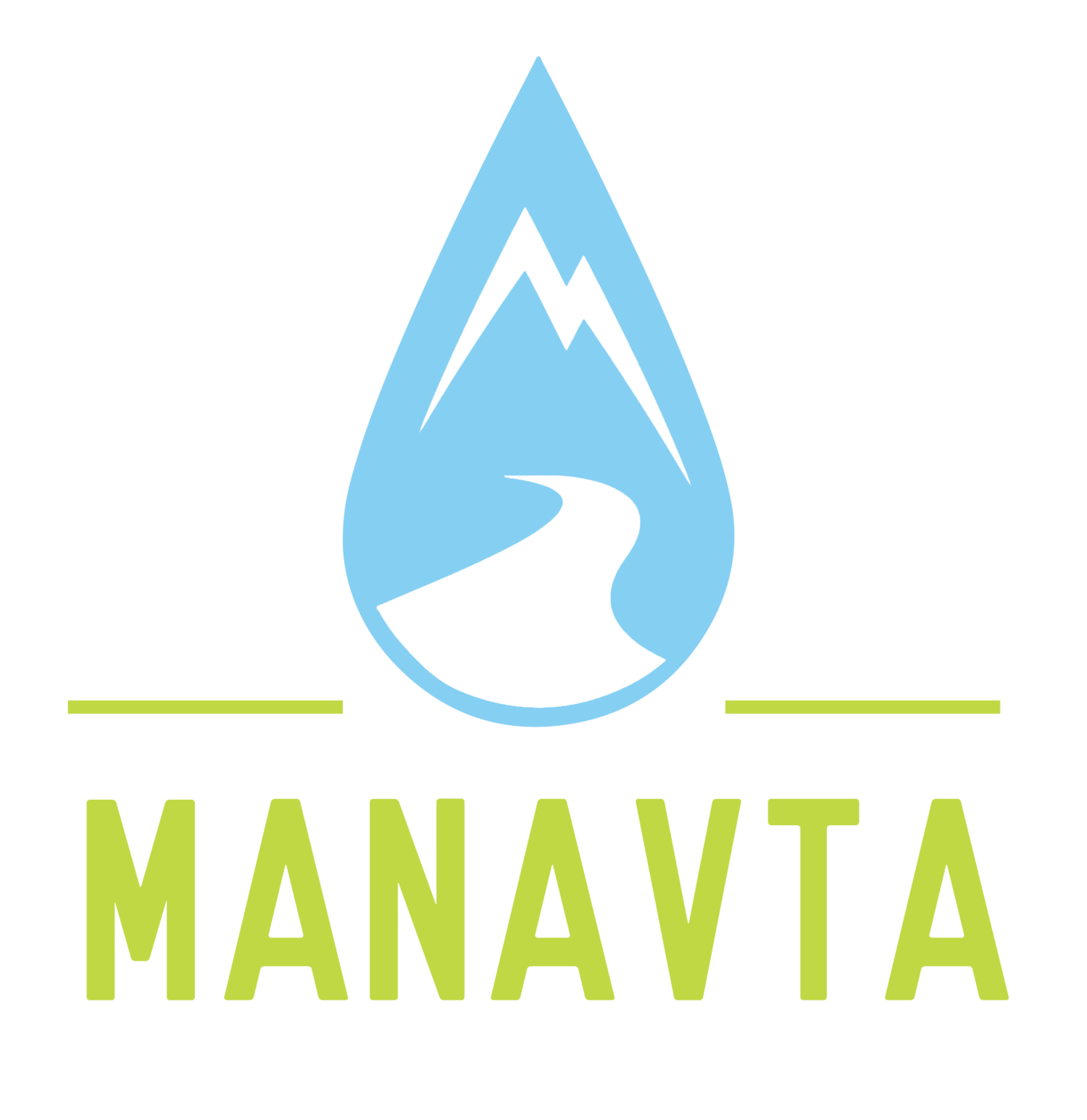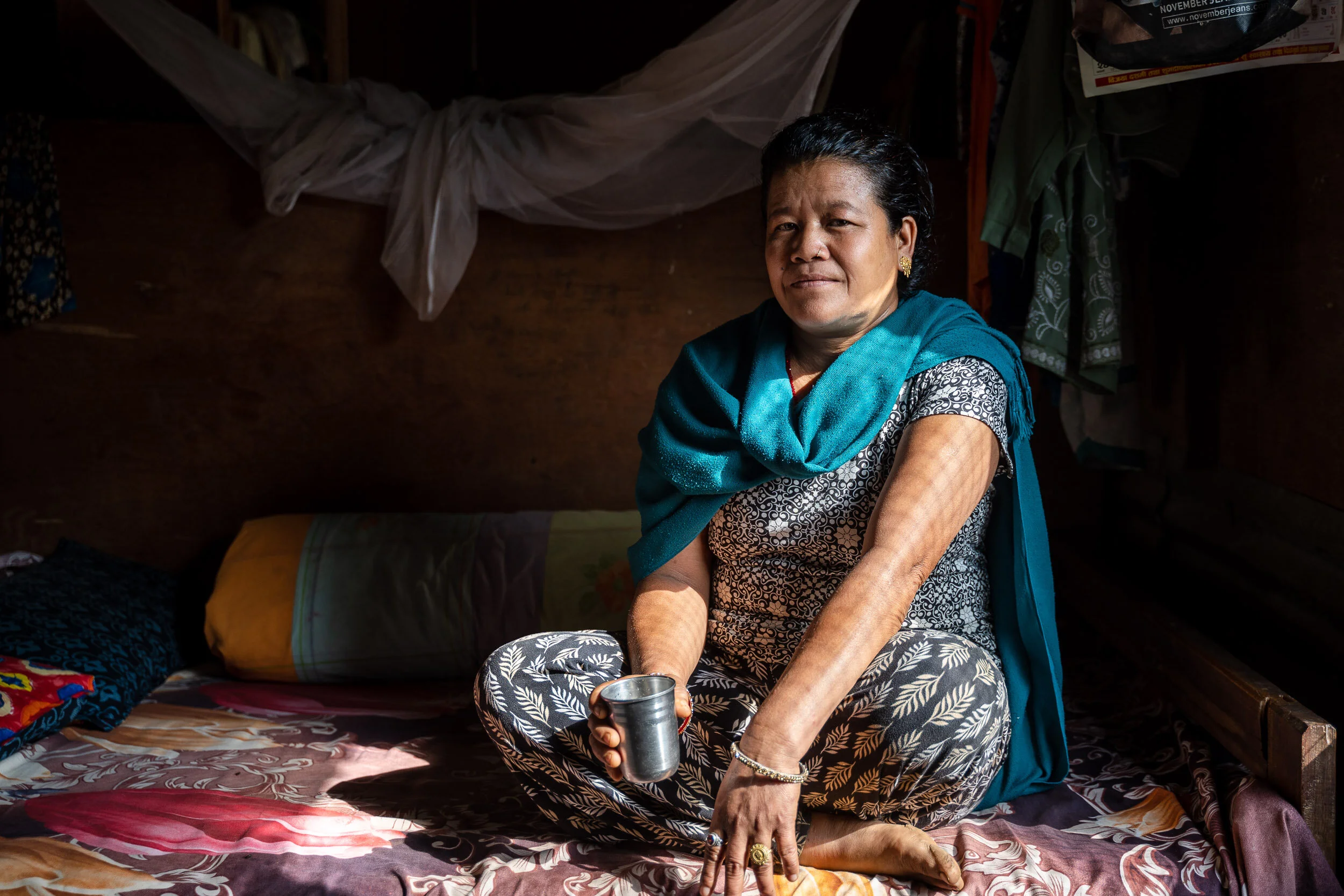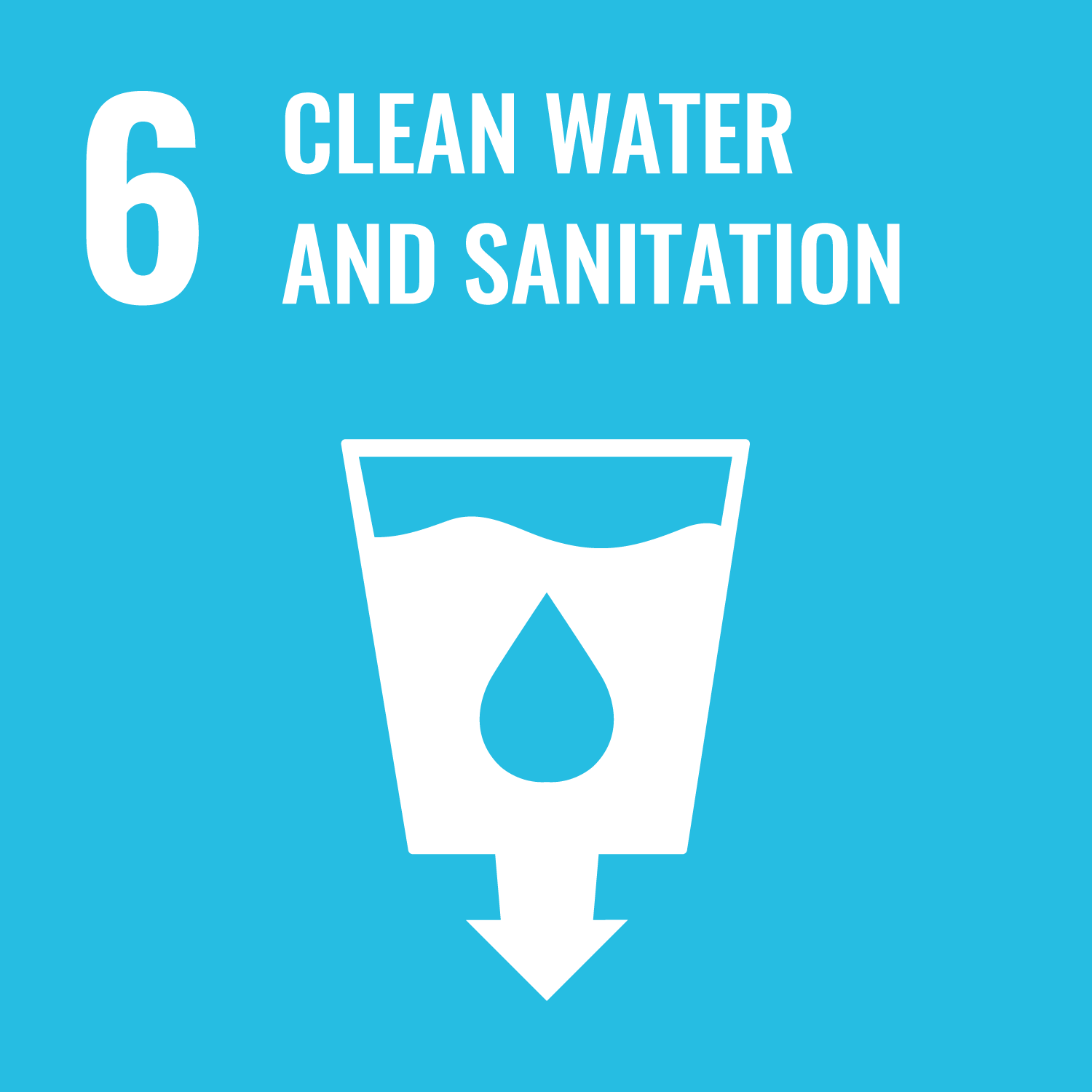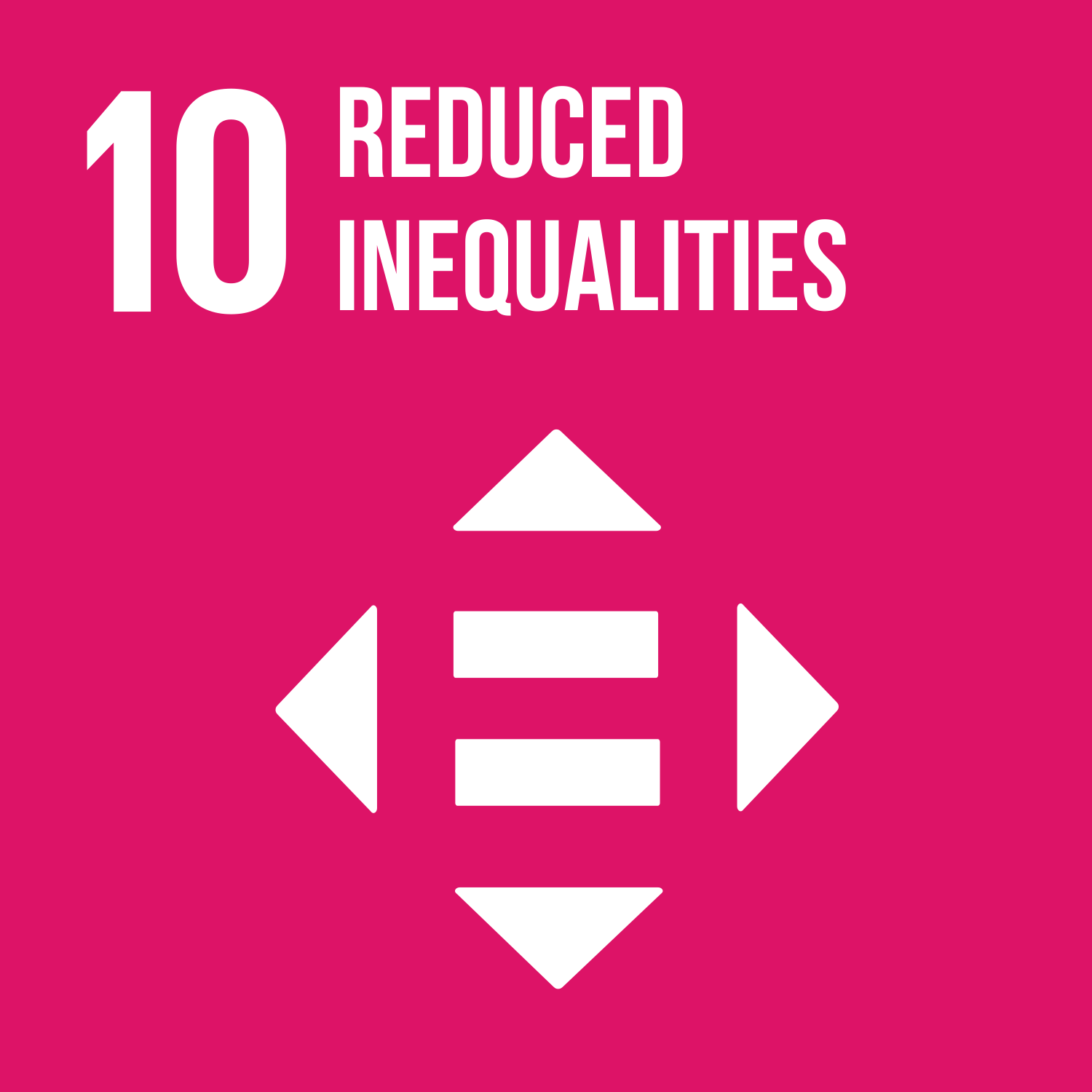
We exist because of the sad reality that 25% of the human population does not have access to a toilet. Women can’t maintain their dignity, young girls miss out on educational opportunities and millions die from diarrhea.
Our Journey and Focus on Girls’ Education
By the time you finish reading this, at least one child under the age of 5 has died from diarrhea; 99% of these deaths occur in the developing world. It is no surprise that the toilet is often regarded as one of the most important medical advancements in modern times (WHO, 2019).
Our journey began in 2013 while our founding team was working at a primary school in Lauke, Nepal. It was apparent that young adolescent girls were absent during menstruation because of a lack of toilets. Among the many reasons we do what we do, keeping girls in school is at the top.
Today globally 1 in 3 schools do not have adequate toilets, and 23% of schools have no toilets at all. Meaning about half the girls worldwide attend schools without a toilet and dropping out of school is a very high possibility. They are forced to miss out on educational opportunities once they hit puberty, becoming trapped in a cycle of poverty (UNICEF, 2019).
The Sanitation Crisis: A deeper Issue
The one thing that we have learned is that only a used toilet is worth building. This issue is not just a matter of access, but rather behaviour change. 892 million people worldwide practise open defecation, meaning they go outside and 90% of these people live in rural areas. Unless the benefits of good hygiene are fully understood, toilets may not be used. Their farmlands, water sources and environment continue to be polluted.
In Nepal, 1 in 5 people have access to a working toilet, and 7% practice open defecation, even though the countries government and international NGO’s claimed it is Open Defecation Free in 2019. In a country where the majority of the population lives in rural areas, striving to become open defecation is more than an issue of infrastructure, it has roots in cultural habits and taboos. (Nepal Demographic Survey, 2022)
We focus our attention on education and the transfer of knowledge . We prioritize working with communities, woman empowerment groups and schools to educate students about the importance of hygiene practices and messages they can spread to their greater community.
Aama community group in Jholunge, 2016
Empowering Women and Communities
Our project would not be successful without the leadership and strength shown by women in the communities we work in. After all, we are only here thanks to them. However, all over the world, women and girls are given the short end of the stick. In many societies, they have to wait until nighttime to use sanitation facilities, and are subject to harassment and abuse as a result.
Focusing on knowledge transfer to the women and mothers of these communities, ensures that proper hygiene and sanitation occurs at home. Toilets close to home means they don’t have to walk far to maintain their dignity.
“The lack of cleanliness can take our lives.”
Our Vision of Justice and Sustainable Change
Hygiene, safe sanitation, and clean water are basic human rights. A solution exists for those who can afford it, but the true barrier is justice, not technology. Simple and sustainable solutions are possible through community empowerment, global awareness, and collaboration with local leadership. Toilets are not just about a clean place to go—they are connected to health, education, gender equality, and economic development. We believe that through collective action, we can ensure these vital resources reach those who need them most.






